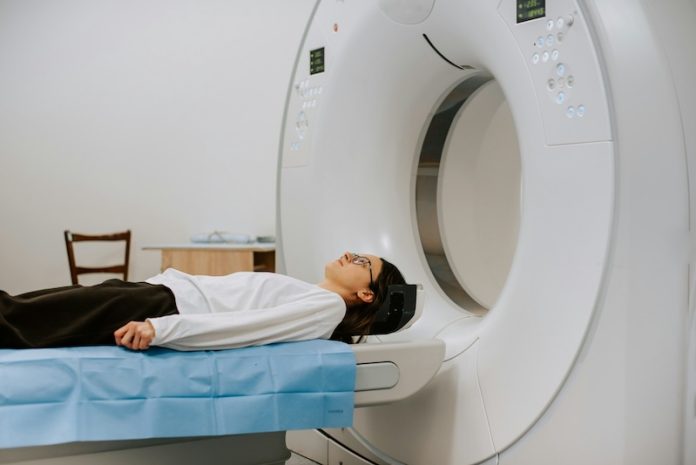
A new breakthrough in cancer treatment could help make precision medicine more accessible and faster.
Scientists have developed an artificial intelligence (AI) platform that designs tiny proteins to train the body’s immune cells to target and destroy cancer.
The new method was published in the journal Science and dramatically cuts down the time needed to find effective cancer treatments—from years to just weeks.
The research was led by scientists from the Technical University of Denmark (DTU) and the Scripps Research Institute in the U.S. According to DTU Associate Professor Timothy P. Jenkins, the platform works by creating what he describes as a new “set of eyes” for the immune system.
Traditional treatments rely on finding rare immune system components called T-cell receptors from a patient or donor. This process is slow and complex. The new AI method designs protein “keys” that help the immune system recognize and attack cancer cells quickly—delivering potential lead treatment candidates in just 4 to 6 weeks.
Normally, the body’s T cells can detect cancer cells by recognizing small protein fragments (peptides) on their surfaces, displayed by molecules known as pMHCs.
The challenge is turning this natural process into an effective, personalized treatment. The AI platform solves this by generating custom proteins that mimic how the immune system targets cancer, without damaging healthy cells.
To test the platform, the team focused on a common cancer marker called NY-ESO-1, found in many types of cancer. They successfully designed a “minibinder” protein that attached strongly to this target.
When this minibinder was inserted into T cells, it created a powerful new product, which the researchers called IMPAC-T cells. These cells were able to recognize and kill cancer cells effectively in lab tests.
Postdoctoral researcher Kristoffer Haurum Johansen, one of the study’s authors, said it was amazing to see proteins created entirely by computer working so well in the lab.
The team also tested their method on another cancer target found in a patient with advanced melanoma and achieved similar success. This shows the AI platform can be used for highly personalized cancer treatments based on individual patients’ tumors.
One of the key parts of the project was developing a “virtual safety check.” Before testing the new proteins in the lab, the researchers used AI to screen them for any potential harm to healthy cells. This step helped them remove risky candidates early, making the treatment safer and more precise.
Professor Sine Reker Hadrup of DTU, another study co-author, said this design-phase filtering is critical to avoiding dangerous side effects and improving treatment safety.
While the new method is still in development, the team expects it could be ready for early clinical trials in about five years. When it is, the treatment process would look a lot like existing CAR-T therapies used today for blood cancers.
A patient’s blood would be drawn, their immune cells collected, and these cells would be genetically modified in the lab to carry the AI-designed proteins. The modified immune cells would then be infused back into the patient, where they would track down and kill cancer cells like guided missiles.
This exciting development offers new hope for faster, safer, and more effective cancer treatments tailored to each patient’s unique needs.
If you care about cancer, please read studies about vitamin D and bowel cancer, and a cautionary note about peanuts and cancer.
For more health information, please see recent studies about the link between ultra-processed foods and cancer, and everyday foods to ward off pancreatic cancer.
The study is published in Science.
Copyright © 2025 Knowridge Science Report. All rights reserved.



